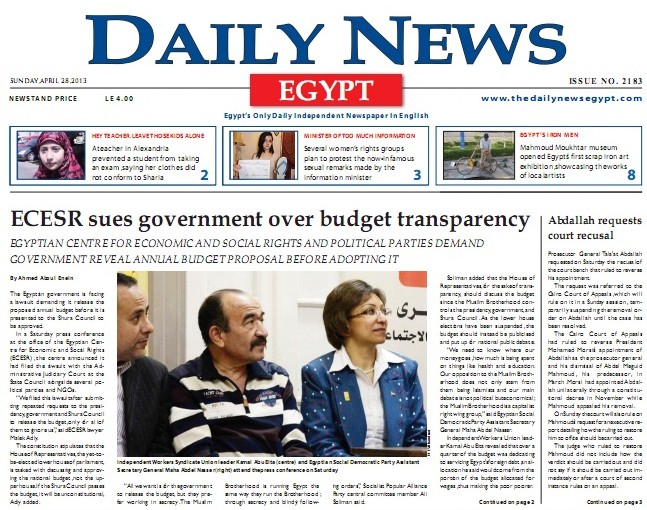Minister of Religious Endowments Mohamed Mokhtar Goma’a announced early Monday the establishment of a management and maintenance company for large and ancient mosques.
This company will be responsible for securing, maintaining, cleaning and administering all large and ancient mosques across the country.
Goma’a said the ministry’s religion sector will be in charge of all matters relating to preaching the religious buildings.
He added that the boards of directors for the mosques will be shuffled on Tuesday, to be replaced with youths, which will promote new blood in the mosques’ administrations and encourage their development.
This week, specific mosques will undergo the changes to their boards, including the Amro Ibn Al-Aas Mosque.
Last week, renowned cleric Mohamed Jebril, who preached at the mosque, was banned from preaching across the country, for “including a political agenda in the prayers”.
During the prayers, Jebril reportedly prayed against what he called oppressors, receiving harsh criticism from pro-government forces.
The Ministry of Religious Endowments has been clamping down on preachers, maintaining that only religious figures certified by the ministry can preach at mosques.
It renewed its call, late Sunday, for imams and officials at mosques not to allow any unauthorised persons to preach inside the buildings, warning that any violators could face legal consequences. These moves come as part of a state policy to tighten the government’s grip on religious institutions and to dominate religious rhetoric.
This comes in the context of a push by President Abdel Fattah Al-Sisi to renew religious discourse, and rid it of “extremist” ideologies.


